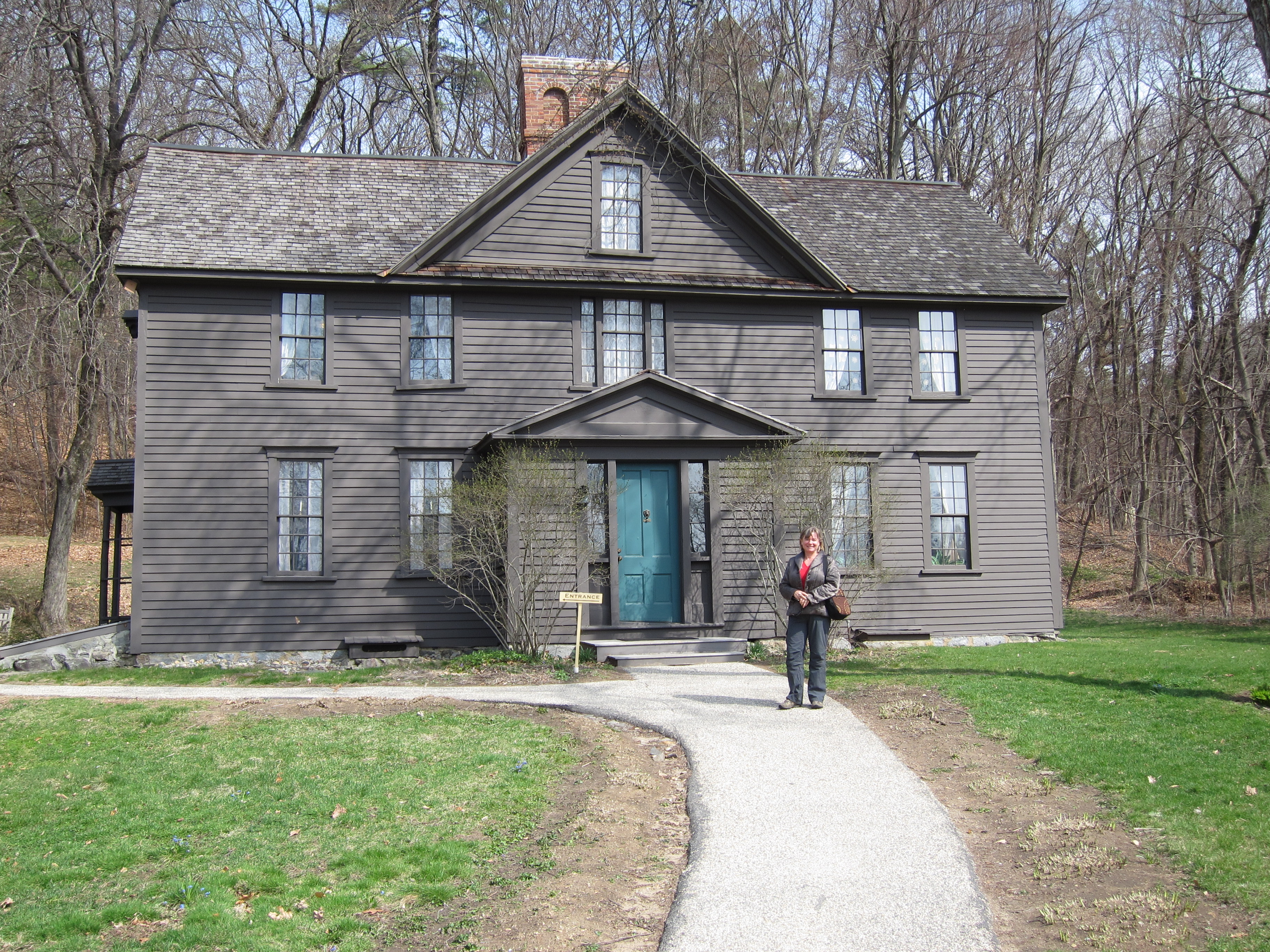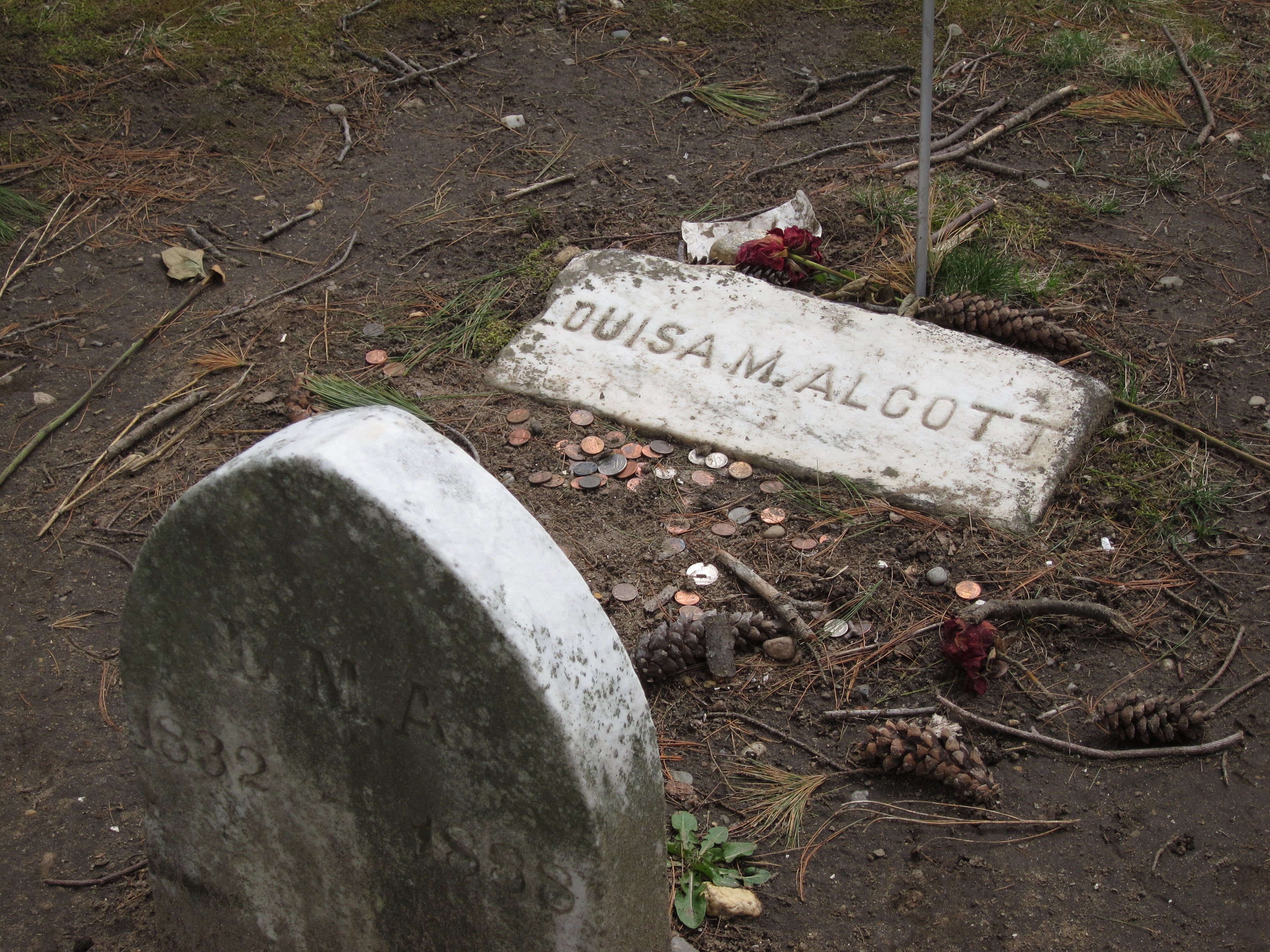A sleek little ground cover made a soft carpet between other plants. Another plant looked like carrot tops, with delicate filigree leaves. “Those are weeds,” my landscaper told me one day as we walked through the garden. I hadn’t done the planting, and I’m still learning my Pacific Northwest plants, so I had no idea.
Because I know a little something (emphasis on “little”) about herbs, my first question was, “Can we eat it?” After all, Emerson once said, “What is a weed? A plant whose virtues have not yet been discovered.” Growing up, dandelions were considered undesirable, but many herbalists list dandelions as their favorite for their medicinal properties. So, any green growing thing fascinates me, and I don’t want to pull it out until I’m sure it serves no purpose.
It didn’t help that our neighbor had sued the City over work we had done in the yard (long story). It didn’t exactly make me want to run out back to weed the garden. By the time I knew I had to get my work done regardless of the parade of people scrutinizing and photographing my yard, Spring had arrived, and the weeds had grown like…well, weeds.
“But they’re so pretty!” I said, to which my landscaper responded with a laugh. Well, yes, of course they are. They are survivors. They can grow in lovely round mounds, just like my lavender. They can hide under plants that are wanted and loved. If the plant is prickly, they snuggle in really close.
Turns out, though, that they don’t know when to quit. That cute little ground cover? Before I knew it, the plants had grown a foot high and were threatening to take over the garden, choking everything else out. That pretty plant with the leaves that looked like carrot tops, that I wondered if it was edible? Well, it fit the description of poison hemlock. In fact, if that’s the case, it’s a darn good thing I was wearing gloves when I pulled it up.
You would think that I would have learned my lesson when I first started gardening three years ago, and cabbage worms destroyed my broccoli. I couldn’t kill them because I thought they were cute. When I realized that they weren’t willing to share the broccoli, I toughened up and went on a rampage. With the weeds, too, pretty or not, they had to go. Well, most of them, anyway. There’s one that I’ve grown fond of, because it creates an uninviting property barrier that pleases me. Emerson was right. Sometimes we just have to discover the virtue to a weed.
It’s a jungle out there in the garden, where only the strong survive. Being nice doesn’t cut it. I guess it’s the same whether dealing with a worm, a weed, or an intrusive neighbor.

